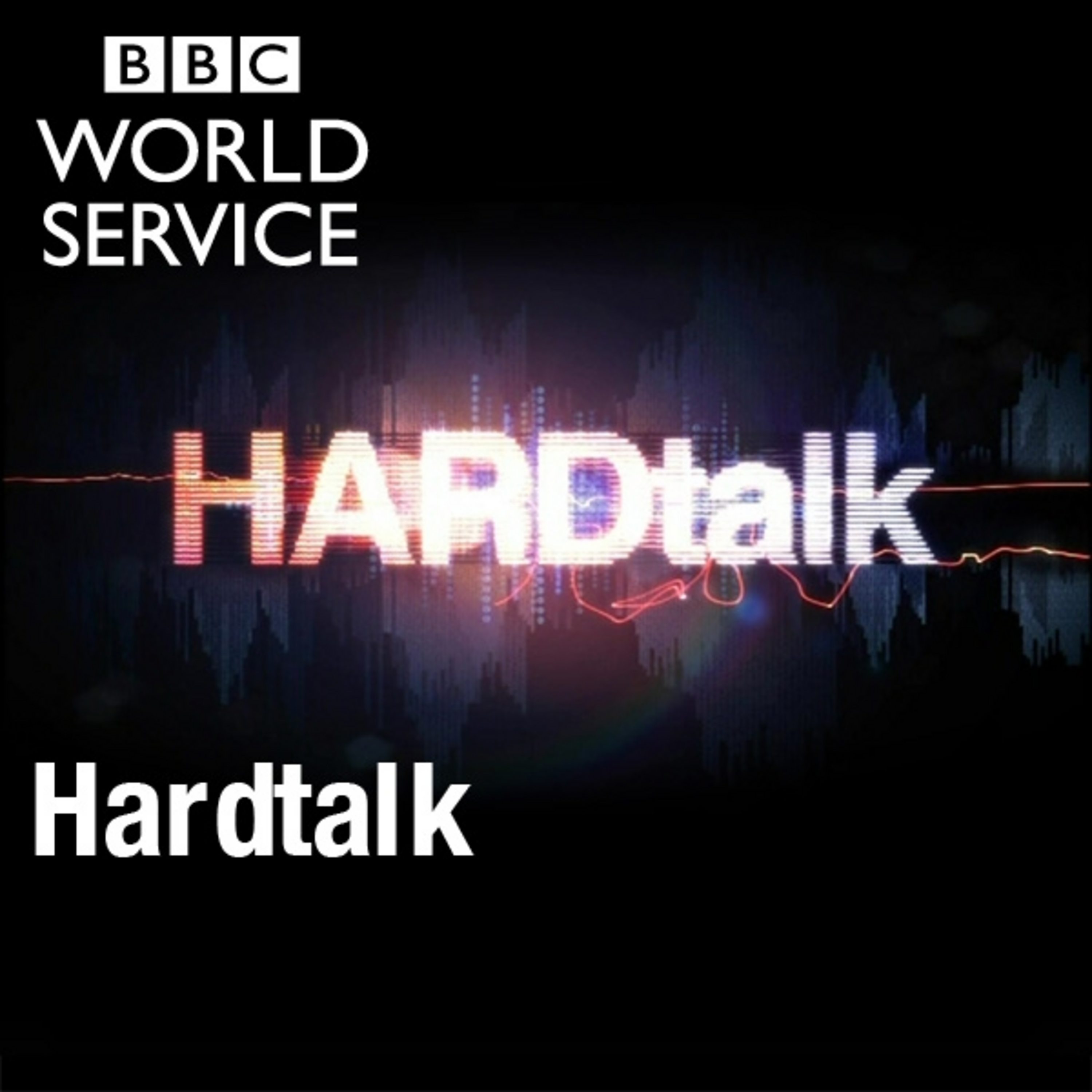
The Interview
<p>Conversations with people shaping our world, from all around the globe. The best interviews from the BBC.</p><p>The HARDtalk podcast has become The Interview. Listen to The Interview for the best conversations from the BBC, the world's most trusted international news provider. We hear from titans of business, politics, finance, sport and culture. Global leaders, decision-makers and cultural icons. Politicians, activists and CEOs. Each interview is around 20-minutes, packed full of insight and analysis, covering some of the biggest issues of our time. How does it work? Well, at the BBC, our journalists interview amazing people every single day. And on The Interview, we bring them to you. It’s your one-stop-shop to the best conversations coming out of the BBC, with the people shaping our world, from all over the world. Get in touch with us on emailTheInterview@bbc.co.uk and use the hashtag #TheInterviewBBC on social media.</p>